September 19 stands as one of history’s most eventful days, witnessing the rise and fall of empires, groundbreaking discoveries, and moments that shaped our modern world across centuries of human achievement.
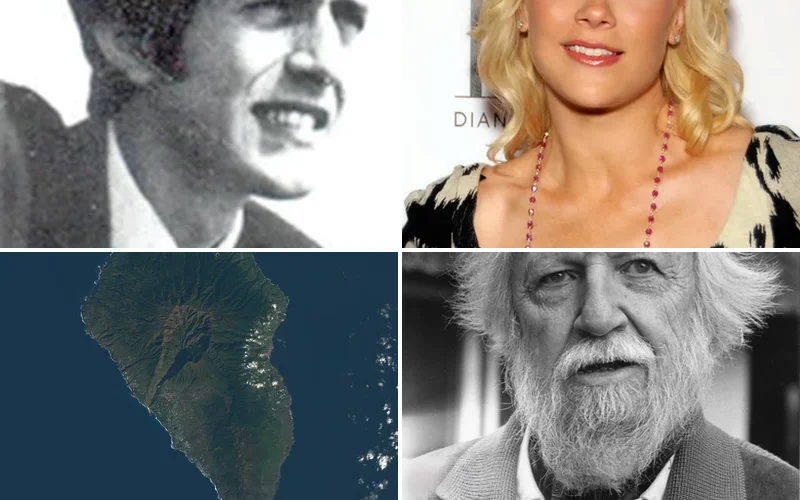
Politics and Government Events on September 19
1944 – Moscow Armistice Ends Continuation War
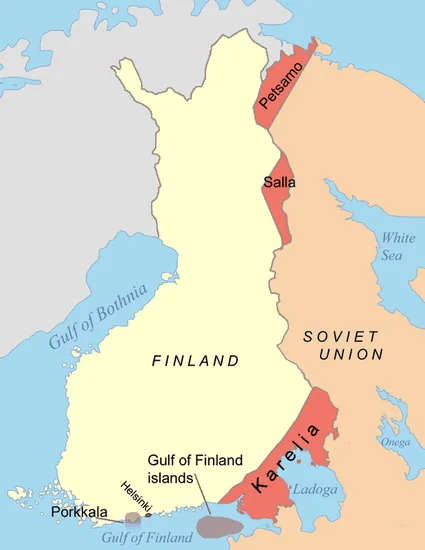
Finland and the Soviet Union signed the Moscow Armistice on this historic date, officially ending the Continuation War. The agreement marked Finland’s withdrawal from World War II and established new territorial boundaries.
The armistice forced Finland to cede territory to the Soviet Union and pay substantial war reparations. This diplomatic resolution allowed Finland to maintain its independence while accepting Soviet influence in the region.
1960 – Indus Waters Treaty Signed

Indian Prime Minister Jawaharlal Nehru and Pakistani President Ayub Khan signed the landmark Indus Waters Treaty in Karachi. The agreement established comprehensive management protocols for six major rivers flowing between the two nations.
The treaty divided the river system, granting India control over three eastern rivers while Pakistan received rights to three western rivers. This water-sharing arrangement has survived multiple conflicts and remains one of the most successful international water treaties.
1983 – Saint Kitts and Nevis Gains Independence
The Caribbean nation of Saint Kitts and Nevis achieved full independence from British colonial rule. The newly sovereign state became the smallest country in the Western Hemisphere by both area and population.
The independence celebration marked the end of centuries of European colonial control over the twin-island nation. Saint Kitts and Nevis joined the Commonwealth of Nations while establishing its own constitutional monarchy.
2006 – Thai Military Coup Removes Government
The Royal Thai Army staged a bloodless coup while Prime Minister Thaksin Shinawatra attended the United Nations General Assembly. Military leaders revoked the constitution and declared martial law across the kingdom.
The coup leaders established the Council for National Security to govern the country. This military intervention ended Thailand’s brief experiment with populist democracy and restored traditional elite control over Thai politics.
Military and Naval History on September 19
1916 – Belgian Forces Capture Tabora
Belgian Congo colonial forces under Charles Tombeur captured the strategic town of Tabora during the East African Campaign. The victory followed intense fighting against German colonial troops in present-day Tanzania.
The conquest of Tabora significantly weakened German resistance in East Africa and demonstrated Belgian military capabilities. This triumph helped establish Belgian influence in the region and contributed to the eventual Allied victory in East Africa.
1940 – Witold Pilecki Enters Auschwitz
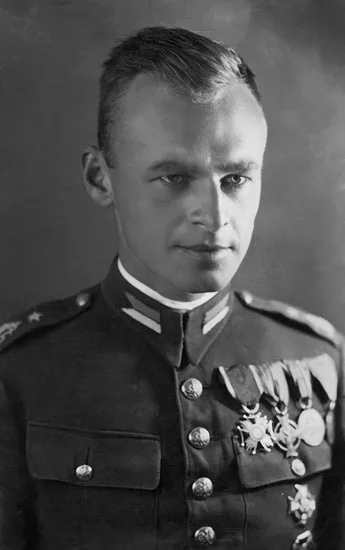
Polish resistance officer Witold Pilecki deliberately allowed himself to be captured by German forces in Warsaw. His voluntary imprisonment at Auschwitz concentration camp began one of the most daring intelligence operations of World War II.
Pilecki organized an underground resistance network within the camp while documenting Nazi atrocities. His reports provided the first detailed intelligence about the Holocaust and helped coordinate resistance activities throughout occupied Poland.
1944 – Battle of Hürtgen Forest Begins
American forces launched their assault on the heavily fortified Hürtgen Forest along the German border. The battle would become the second-longest individual engagement in U.S. Army history, lasting several months.
The dense forest terrain favored German defenders who had established elaborate fortifications and minefields. American casualties mounted significantly as troops struggled against both enemy forces and the challenging natural environment.
1950 – North Korean Attack Repelled
United Nations forces successfully repelled a major North Korean assault at the Battle of Nam River. The defensive victory helped stabilize the southern front during the early phases of the Korean War.
The successful defense demonstrated improved coordination between American and South Korean military units. This tactical victory contributed to the broader UN strategy of establishing defensive positions before launching counteroffensives.
Science and Discovery Milestones on September 19
1982 – First Documented Emoticons Created

Carnegie Mellon University computer scientist Scott Fahlman posted the first documented emoticons on the university’s bulletin board system. His simple character combinations 🙂 and 🙁 revolutionized digital communication.
Fahlman’s innovation emerged from the need to distinguish serious messages from humorous ones in early computer networks. These symbolic expressions quickly spread throughout the digital world and became fundamental elements of online communication.
1991 – Ötzi the Iceman Discovered
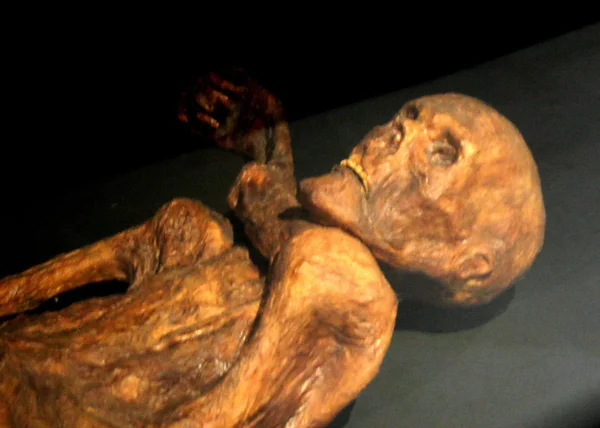
German tourists discovered the naturally mummified remains of a Copper Age man in the Alps between Italy and Austria. The 5,300-year-old specimen became one of the most significant archaeological finds of the 20th century.
Scientists named the mummy Ötzi after the Ötztal Alps where he was found. His remarkably preserved body provided unprecedented insights into Copper Age life, including clothing, tools, and even his final meal.
1985 – Devastating Mexico City Earthquake
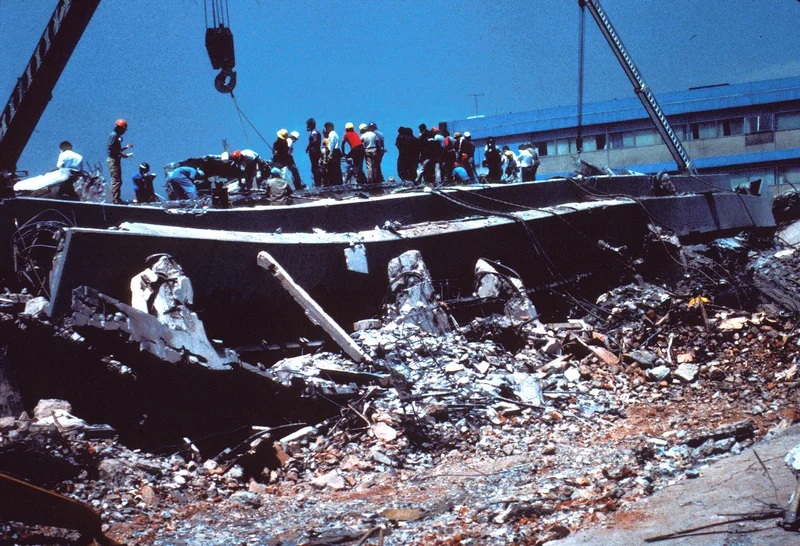
A powerful 8.0 magnitude earthquake struck central Mexico, killing thousands and destroying approximately 400 buildings in Mexico City. The disaster exposed serious flaws in the capital’s building codes and emergency response systems.
The earthquake’s impact was amplified by Mexico City’s location on a former lakebed, which magnified seismic waves. International rescue teams arrived to assist with search and rescue operations, while the tragedy prompted major reforms in construction standards.
Cultural and Arts Events on September 19
1970 – First Glastonbury Festival Held

Michael Eavis hosted the inaugural Glastonbury Festival on his Somerset farm, featuring performances by Marc Bolan and other emerging artists. The modest gathering of 1,500 attendees paid one pound each for admission.
The festival began as a small counterculture event inspired by the 1960s hippie movement and free festival traditions. Eavis’s vision of combining music with environmental and social consciousness would evolve into one of the world’s most influential music festivals.
1985 – Parents Music Resource Center Formed
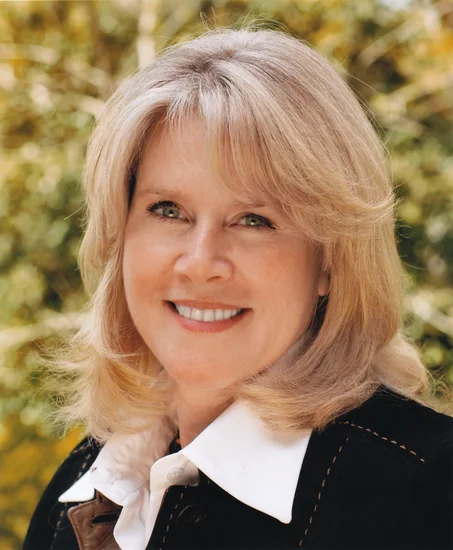
Tipper Gore and other political wives established the Parents Music Resource Center during congressional hearings on music censorship. Musicians Frank Zappa and John Denver testified against proposed restrictions on rock music content.
The organization pushed for warning labels on albums containing explicit lyrics or controversial themes. The hearings sparked a national debate about artistic freedom, parental responsibility, and the role of government in regulating popular culture.
1995 – Unabomber Manifesto Published
The Washington Post and The New York Times simultaneously published the complete text of the Unabomber Manifesto. The decision to print Theodore Kaczynski’s 35,000-word anti-technology treatise was made in hopes of ending his bombing campaign.
The manifesto’s publication led to Kaczynski’s capture when his brother recognized the writing style and philosophical arguments. The document sparked widespread debate about technology’s impact on society and the ethics of negotiating with terrorists.
Religious and Social Events on September 19
1902 – Shiloh Baptist Church Stampede
A tragic stampede at Shiloh Baptist Church in Birmingham, Alabama, killed 115 congregants during a religious service. The disaster occurred when someone falsely shouted “fire,” causing panic among the approximately 3,000 people packed into the building.
The church’s inadequate exits and overcrowded conditions contributed to the high death toll. This tragedy led to significant improvements in building safety codes and emergency procedures for large gatherings across the United States.
1970 – Greek Student’s Protest Sacrifice
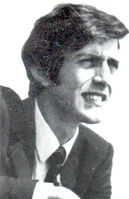
Kostas Georgakis, a Greek geology student, set himself ablaze in Genoa’s Matteotti Square as a protest against the military dictatorship in Greece. His self-immolation shocked the international community and drew attention to the oppressive Papadopoulos regime.
Georgakis’s sacrifice became a powerful symbol of resistance against the Greek military junta. His death inspired other opponents of the dictatorship and helped galvanize international opposition to the authoritarian government.
1978 – Solomon Islands Join United Nations
The Solomon Islands became the 155th member of the United Nations following their independence from British colonial rule. The Pacific island nation’s admission marked another step in the decolonization process that swept the region.
The country’s UN membership provided a platform for addressing regional issues including climate change and economic development. The Solomon Islands joined other Pacific nations in advocating for international attention to small island state concerns.
Business and Economic Events on September 19
2010 – Deepwater Horizon Oil Well Sealed
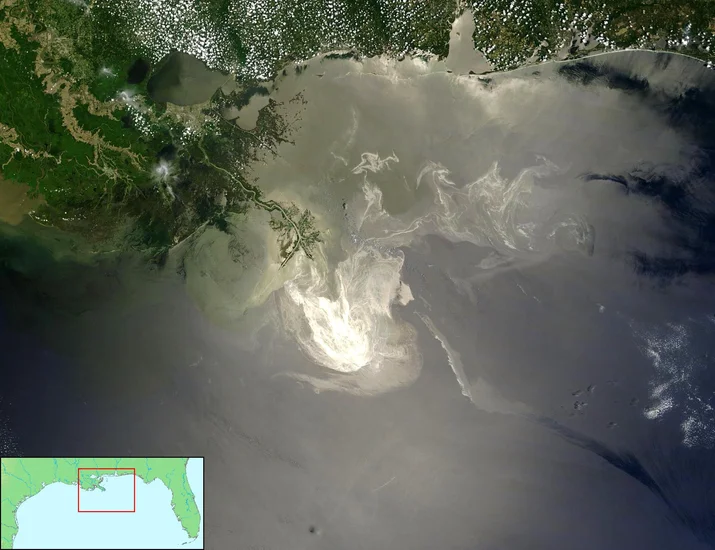
Engineers successfully sealed the damaged Deepwater Horizon oil well in the Gulf of Mexico after 152 days of continuous leaking. The well’s closure ended one of the worst environmental disasters in American history.
The spill released approximately 4.9 million barrels of crude oil into the Gulf waters, devastating marine ecosystems and coastal communities. BP faced billions in cleanup costs and legal settlements while new offshore drilling regulations were implemented.
1995 – Orville Redenbacher Dies

The popcorn entrepreneur and advertising icon died at age 88, leaving behind a snack food empire bearing his name. Redenbacher had transformed a simple agricultural product into a major consumer brand through innovative marketing and product development.
His folksy advertising persona and distinctive appearance made him one of America’s most recognizable food spokespersons. The Orville Redenbacher brand continues to dominate the popcorn market decades after his death.
2013 – Nintendo President Hiroshi Yamauchi Dies
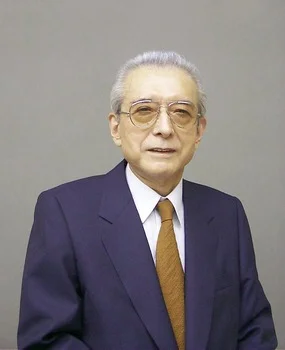
The legendary Nintendo president who transformed the company from a playing card manufacturer into a video game giant passed away at age 85. Yamauchi’s leadership revolutionized the entertainment industry and established Nintendo as a global powerhouse.
Under his direction, Nintendo created iconic characters like Mario and Donkey Kong while pioneering home video game systems. His conservative business philosophy and emphasis on gameplay over graphics became Nintendo’s defining characteristics.
Transportation and Infrastructure on September 19
1976 – Turkish Airlines Flight 452 Crashes
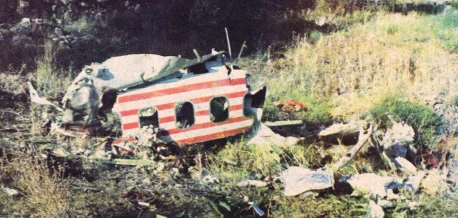
Turkish Airlines Flight 452 crashed into the Taurus Mountains near Karatepe, Turkey, killing all 154 passengers and crew aboard. The Boeing 727 was approaching Ankara when it struck the mountainside during poor weather conditions.
The disaster prompted significant improvements in Turkish aviation safety protocols and navigation systems. Investigation revealed that pilot error and inadequate approach procedures contributed to the tragedy, leading to enhanced training requirements.
2008 – Learjet Crash Injures Musicians
A Learjet 60 carrying Blink-182 drummer Travis Barker and DJ AM crashed during takeoff from Columbia Metropolitan Airport in South Carolina. Four people died in the crash, while Barker and DJ AM survived with severe burns.
The accident occurred when the aircraft overran the runway during an aborted takeoff attempt. Both survivors required extensive medical treatment and psychological counseling, with Barker developing a severe fear of flying that lasted for years.
2021 – Cumbre Vieja Volcano Erupts
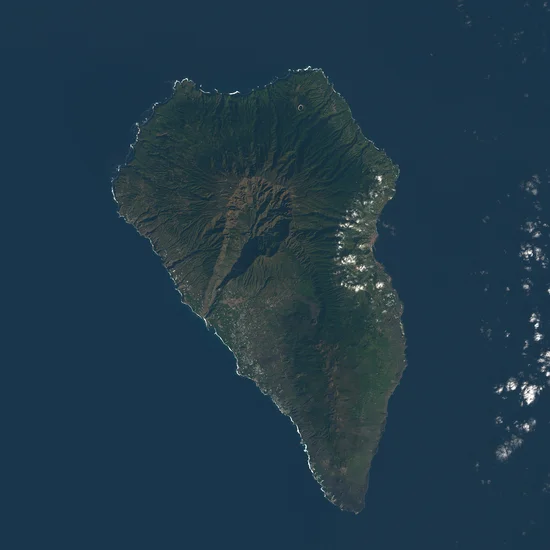
The Cumbre Vieja volcano on La Palma in Spain’s Canary Islands began a massive eruption that would continue for nearly three months. The volcanic activity destroyed thousands of homes and forced the evacuation of entire communities.
Lava flows reached the Atlantic Ocean, creating new land formations while destroying banana plantations and infrastructure. The eruption highlighted the geological instability of volcanic islands and the challenges of living in such environments.
Sports and Recreation on September 19
2011 – Mariano Rivera Sets Save Record

New York Yankees closer Mariano Rivera recorded his 602nd career save, surpassing Trevor Hoffman to become Major League Baseball’s all-time saves leader. Rivera’s milestone came during a 6-4 victory over the Minnesota Twins at Yankee Stadium.
The Panamanian pitcher’s achievement capped a remarkable career built on his devastating cutter pitch and clutch performances. Rivera’s record-breaking save demonstrated his sustained excellence and cemented his status as baseball’s greatest closer.
1949 – Willie Pep Born
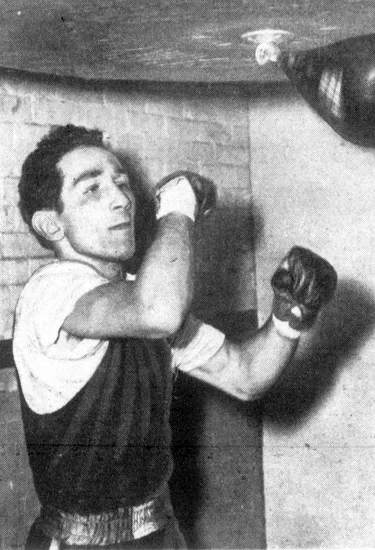
Future featherweight boxing champion Willie Pep was born in Middletown, Connecticut. He would become one of the most skilled defensive boxers in history, known for his elusive style and ring intelligence.
Pep’s professional career included 229 victories and only 11 defeats, with his peak years in the 1940s establishing him as boxing’s premier technician. His legendary defensive abilities earned him recognition as one of the greatest pound-for-pound fighters ever.
1951 – Al Oerter Born
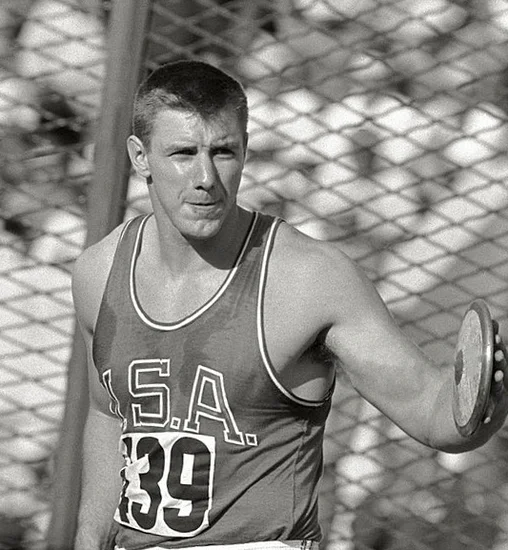
American discus thrower Al Oerter was born in Astoria, New York. He would become the first track and field athlete to win the same individual event at four consecutive Olympic Games.
Oerter’s Olympic dominance in the discus throw spanned from 1956 to 1968, setting new Olympic records in three of those victories. His competitive longevity and clutch performances under pressure made him one of track and field’s most celebrated champions.
Notable Births on September 19
1911 – William Golding Born
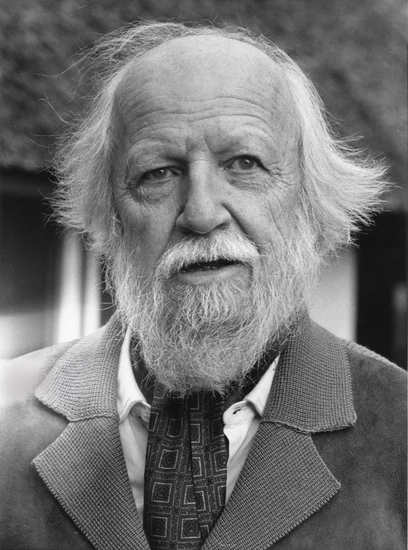
British author William Golding was born in Newquay, Cornwall, destined to become one of the 20th century’s most influential novelists. His childhood experiences in rural England would later influence his literary themes about human nature and civilization.
Golding’s masterpiece “Lord of the Flies” explored the dark side of human nature through the story of stranded schoolboys. His profound insights into morality and society earned him the Nobel Prize in Literature in 1983.
1928 – Adam West Born
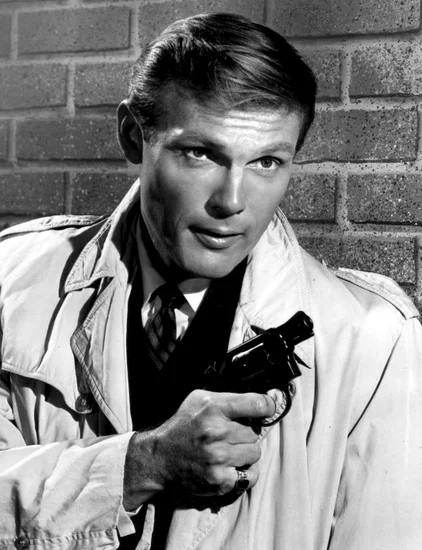
American actor Adam West was born in Walla Walla, Washington, future star of the iconic 1960s Batman television series. His distinctive portrayal of the Caped Crusader would define the character for an entire generation.
West’s deadpan delivery and camp sensibility made Batman a cultural phenomenon that transcended comic books. His later career included voice acting and self-parody roles that demonstrated his wit and good humor about his iconic status.
1949 – Twiggy Born
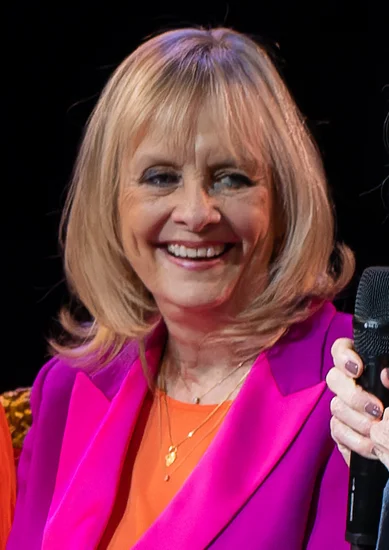
British model and actress Twiggy was born Lesley Hornby in London, destined to become the face of 1960s fashion. Her androgynous look and pixie-like features revolutionized beauty standards and modeling careers.
Twiggy’s meteoric rise to fame came during her teenage years when she became the world’s first supermodel. Her influence extended beyond fashion into film, television, and music, making her a complete entertainment personality.
1952 – Nile Rodgers Born
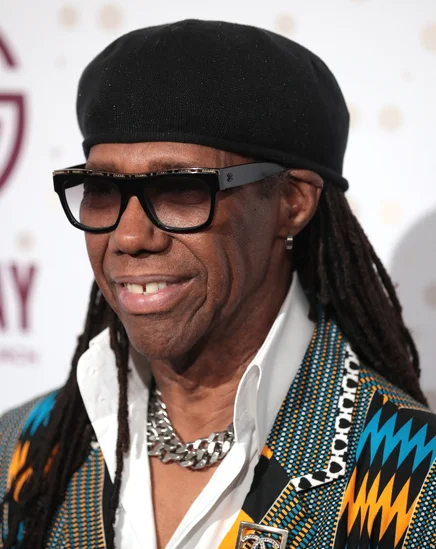
American guitarist and producer Nile Rodgers was born in New York City, future co-founder of the disco group Chic. His innovative guitar techniques and production skills would shape popular music for decades.
Rodgers developed a distinctive rhythmic guitar style that became synonymous with disco and funk music. His production work with artists like Diana Ross, David Bowie, and Madonna established him as one of music’s most successful producers.
1974 – Jimmy Fallon Born

American comedian and television host Jimmy Fallon was born in Brooklyn, New York, future star of Saturday Night Live and The Tonight Show. His musical comedy talents and impressions made him a standout performer from an early age.
Fallon’s transition from SNL cast member to late-night television host demonstrated his versatility and broad appeal. His innovative use of social media and viral segments modernized the traditional talk show format.
1976 – Alison Sweeney Born
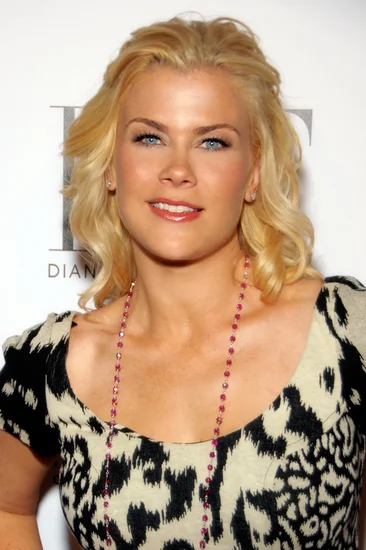
American actress Alison Sweeney was born in Los Angeles, California, future star of the soap opera Days of Our Lives. Her early start in acting led to one of the longest-running roles in daytime television history.
Sweeney’s portrayal of Sami Brady on Days of Our Lives spanned over two decades, making her one of soap opera’s most recognizable faces. Her later hosting duties on The Biggest Loser expanded her television career beyond acting.
Notable Deaths on September 19
1935 – Konstantin Tsiolkovsky Dies
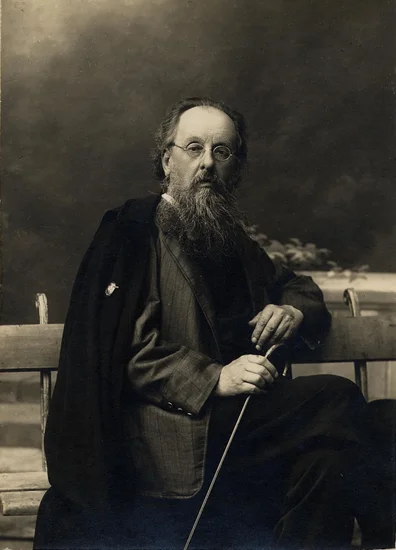
Russian rocket scientist Konstantin Tsiolkovsky died at age 78, leaving behind revolutionary theories about space exploration. His mathematical equations and theoretical work laid the foundation for modern astronautics and space travel.
Tsiolkovsky’s rocket equation became fundamental to spacecraft design, while his vision of space colonization inspired generations of scientists. His prescient writings about multi-stage rockets and space stations preceded actual space exploration by decades.
1973 – Gram Parsons Dies
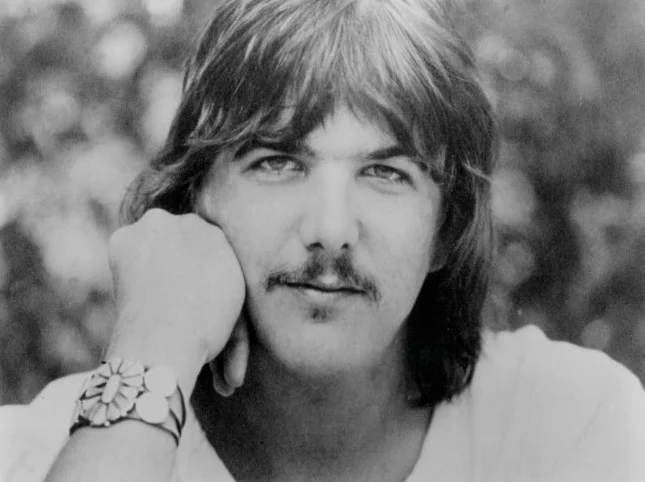
American singer-songwriter Gram Parsons died at age 26 in Joshua Tree, California, becoming country rock’s most tragic figure. His fusion of country, rock, and folk music influenced countless musicians despite his brief career.
Parsons’ work with The Byrds and Flying Burrito Brothers helped create the country rock genre that dominated 1970s music. His collaboration with Emmylou Harris introduced her to wider audiences and established her career trajectory.
1985 – Italo Calvino Dies

Italian novelist Italo Calvino died at age 61 in Siena, leaving behind a literary legacy that bridged realism and fantasy. His innovative narrative techniques and philosophical depth influenced contemporary literature worldwide.
Calvino’s novels like “Invisible Cities” and “If on a winter’s night a traveler” challenged traditional storytelling conventions. His exploration of language, reality, and imagination established him as one of literature’s most original voices.
2020 – John Turner Dies
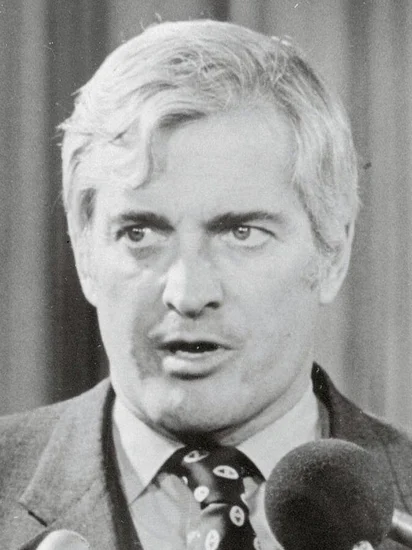
Canadian politician John Turner died at age 91, ending a distinguished career in public service that included serving as Prime Minister. His brief tenure as leader demonstrated his commitment to constitutional principles and democratic governance.
Turner’s political career spanned several decades, including significant roles as Minister of Justice and Minister of Finance. His opposition to the Meech Lake Accord reflected his dedication to Canadian unity and constitutional integrity.
Holidays and Observances on September 19
Independence Day – Saint Kitts and Nevis
Saint Kitts and Nevis celebrates its independence from the United Kingdom, achieved in 1983. The twin-island nation observes this national holiday with parades, cultural performances, and patriotic ceremonies throughout the federation.
The independence celebration reflects the country’s journey from British colonial rule to sovereign statehood. Citizens participate in flag-raising ceremonies, traditional music, and cultural displays that honor their national identity and heritage.
International Talk Like a Pirate Day

This whimsical holiday encourages people worldwide to adopt pirate speech patterns and mannerisms for entertainment purposes. Created in 1995 by John Baur and Mark Summers, the observance has gained international popularity through social media.
Participants embrace pirate vocabulary, wearing costumes and hosting themed events in schools, workplaces, and communities. The holiday’s lighthearted nature provides a fun break from routine while celebrating maritime folklore and adventure stories.
Armed Forces Day – Chile
Chile honors its military branches and their service to the nation through ceremonial events and public displays. The observance recognizes the armed forces’ role in national defense and their contributions to Chilean society.
Military parades and exhibitions showcase Chile’s defense capabilities while honoring veterans and active service members. The day reinforces civilian-military relations and acknowledges the armed forces’ constitutional responsibilities.
